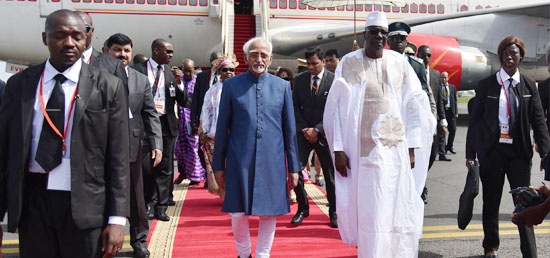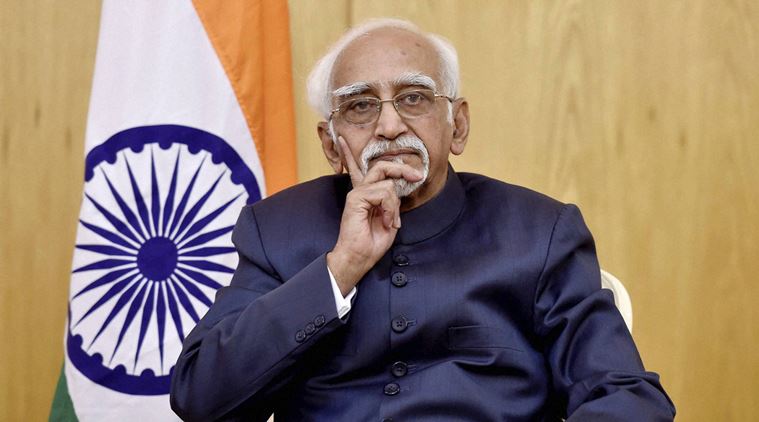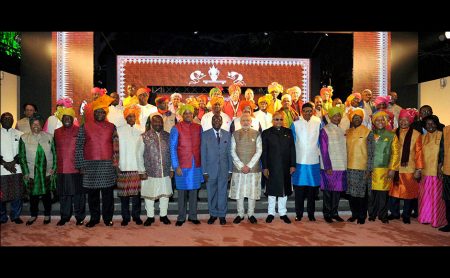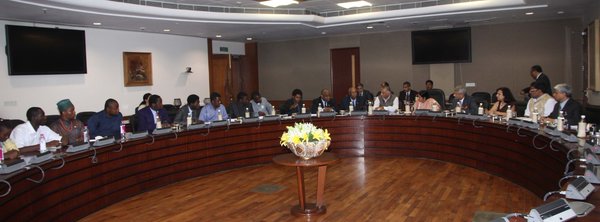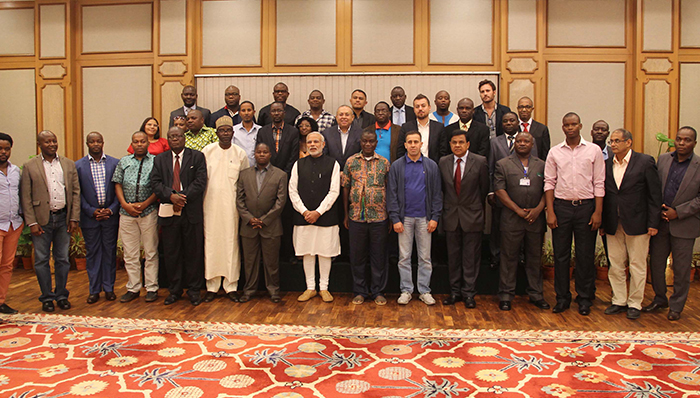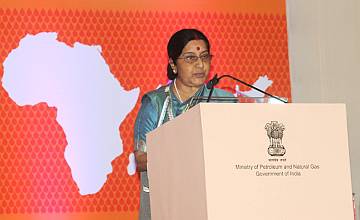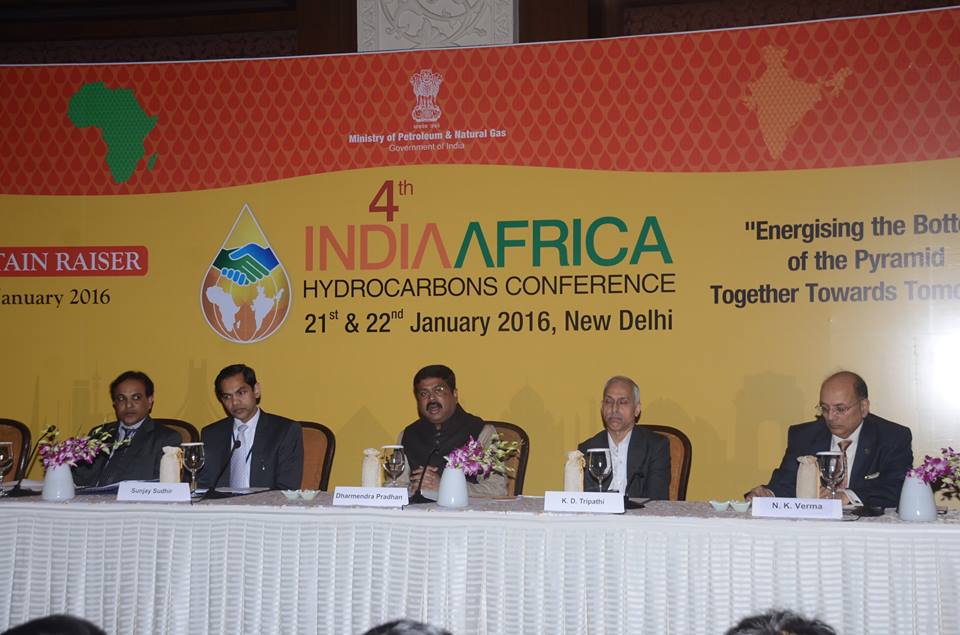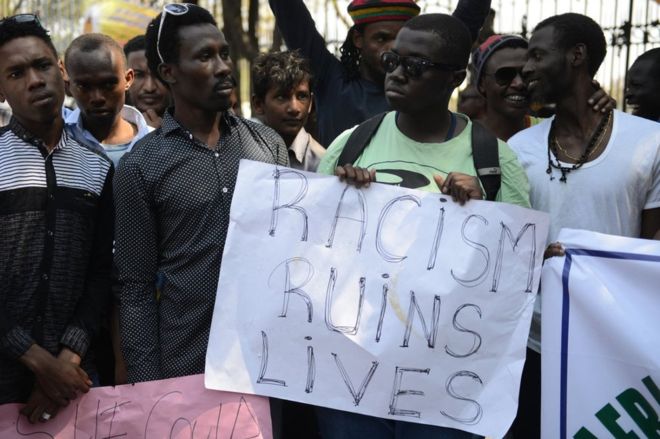
“Racist” spin to attacks on Nigerians: Will it impact India-Africa ties?
India’s burgeoning ties with Africa have come under strain with New Delhi-based African envoys calling for an international inquiry into recent brutal attacks on Nigerian students in a satellite town of the Indian capital. What is disturbing for India is that these attacks, which were the handiwork of some criminals and malcontents, have been described as “racist” and “xenophobic” by the African envoys, indicating that these were expressions of ingrained racist prejudice and hatred.
What was galling for India’s foreign office was that the Dean of African Diplomatic Corps, who issued the blistering statement on the attacks on behalf of other envoys, also alleged that “no sufficient and visible deterrent action” was taken against the perpetrators.”
In a strongly-worded statement, the Dean of African Heads of Mission said that the attacks were “xenophobic and racial” and that Indian authorities had failed to “sufficiently condemn” the attacks or take “visible deterring measures”.
Sadly, these attacks on Africans have come at a time when India is looking to scale up its engagement with Africa across the spectrum. The last three years have seen a marked upswing in India-Africa relations, with India hosting the largest summit with the continent by inviting leaders and representatives of all 54 African countries to the third summit in New Delhi in October 2015. This period has also seen a record number of high-level visits to African countries from India, with the prime minister, president and vice-president visiting over 15 African countries. India-Africa trade has surpassed $70 billion, with more Indian companies looking to invest in the African opportunity.
But, unfortunately, as these attacks on African nationals show, this visible across-the-board acceleration in India-Africa engagement has not translated into an appreciation and understanding of African culture, which has bred distorting stereotypes. Taking a long-range view, it’s necessary for both sides to invest more resources in sensitisation and building mutual popular goodwill if one wants to change the narrative of India-Africa relations on the ground.
